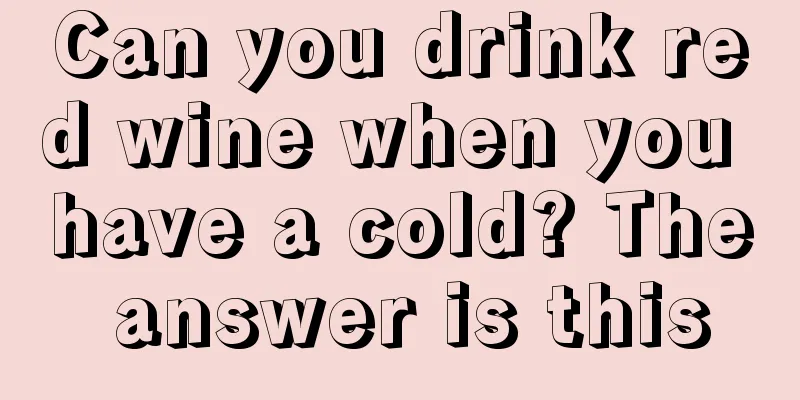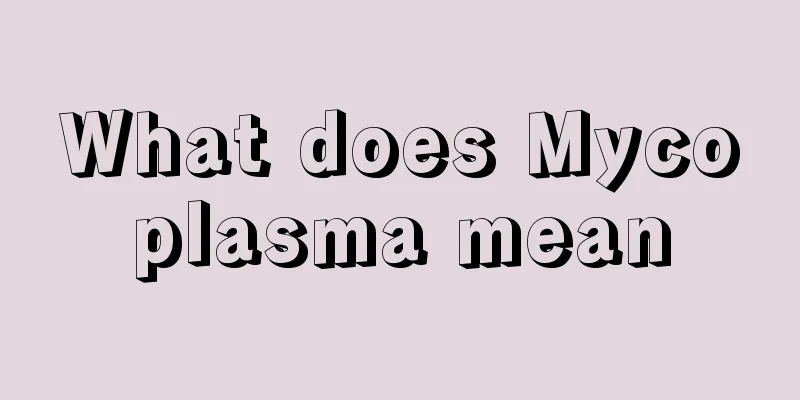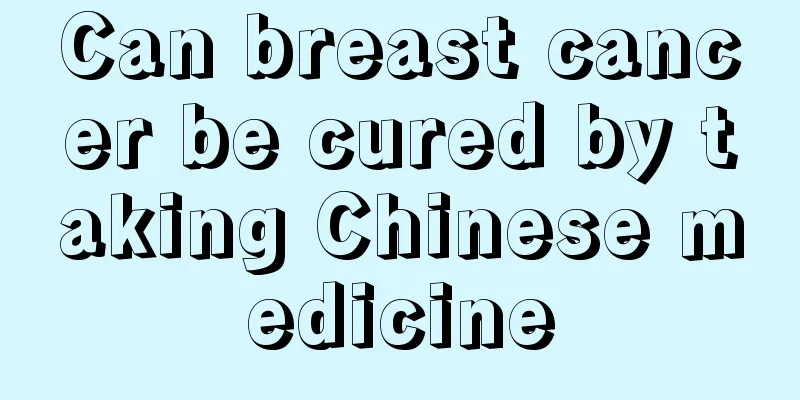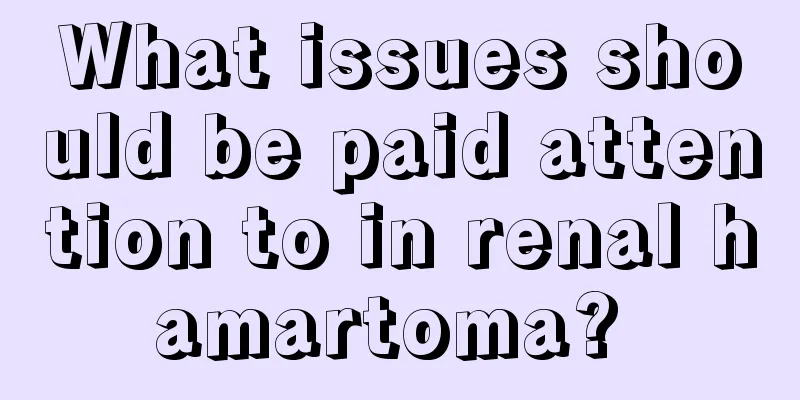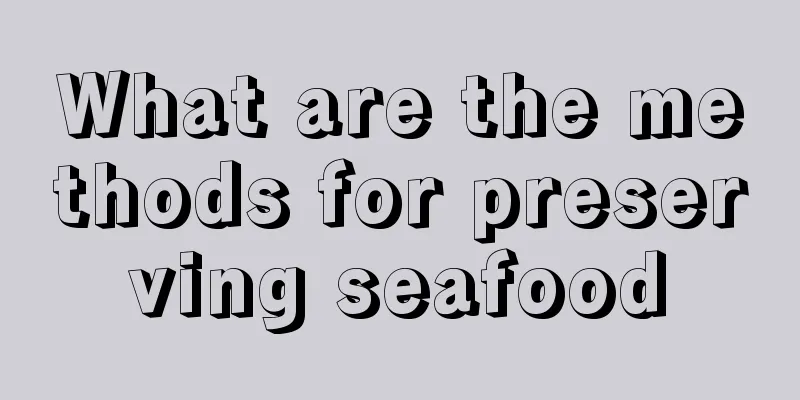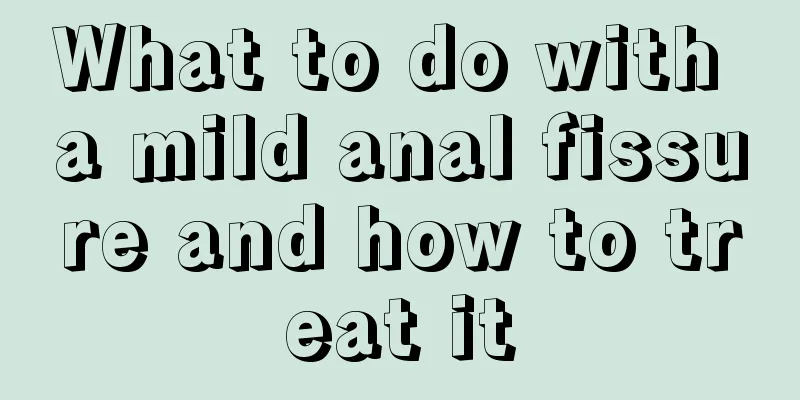Causes and treatment of hypoglycemia

|
There are many causes of hypoglycemia. For example, improper meals are an important cause of physiological hypoglycemia. In addition, excessive exercise and improper diet may also cause hypoglycemia. For diabetic patients, if improperly treated, such symptoms may also occur. When hypoglycemia occurs, it must be treated in time. Physiological hypoglycemia can be adjusted through diet, and for diabetic patients, medication should be used in time. Causes of Hypoglycemia 1. Improper medication: Excessive or relatively excessive insulin dosage, irregular dosage of sulfonylurea and benzoic acid derivative hypoglycemic drugs or self-addition of medication may all lead to hypoglycemia. In addition, some non-hyperglycemic drugs, such as antihistamines, phenylbutazone, acetaminophen, isoniazid, etc., may also cause secondary hypoglycemia. 2. Improper dining: eating too little, absorption and synthesis disorders, long-term hunger or excessive diet control, small intestinal malabsorption, long-term diarrhea, etc. can all induce hypoglycemia. Especially when using medications containing short-acting or rapid-acting insulin and insulin secretagogues, it is important to ensure that meals are taken on time and in the appropriate amounts. 3. Excessive exercise: When you over-exercise, your muscles may use too much glucose, or the absorption of injected insulin may be accelerated, which may cause hypoglycemia. Therefore, diabetics should exercise moderately under the guidance of a specialist according to the hypoglycemic drugs they are taking. 4. Abuse of health care products: Some diabetic patients take various health care products on their own. If liver and kidney function are damaged, it will aggravate insulin metabolism disorders, causing it to accumulate in the body and leading to hypoglycemia. 5. Improper treatment: In the early stages of type 2 diabetes, it is easy to have a delayed peak in insulin secretion, which can lead to inappropriate hyperinsulinemia after meals and cause hypoglycemia. At this time, it is necessary to find the real cause of hypoglycemia and actively treat it. Treatment of hypoglycemia Glucose to treat hypoglycemia: For patients with acute and severe hypoglycemia and coma, in order to avoid progressive changes in the condition of hypoglycemia, 50-100 ml of 50% glucose solution must be quickly injected intravenously. If necessary, it can be repeated 1-2 times until the patient is conscious. After that, 10% glucose solution should be dripped intravenously to maintain the patient's blood sugar at 8.3-11.1 mmol/L (150-200 mg/dl). The patient should be observed for 12-48 hours to prevent the hypoglycemic patient from falling into a coma again. Alternatively, you can apply honey or jam on the patient's teeth and oral mucosa, or feed sugar water through the nose. These are all effective emergency measures that can relieve the symptoms of hypoglycemia. Symptomatic treatment of hypoglycemia: Which method can cure hypoglycemia faster? Generally, when symptoms or signs such as palpitations, sweating, hunger or dizziness appear, it may be hypoglycemia. If the patient has been diagnosed, he should be given biscuits, candies or sugary drinks (containing 10-20g of sugar) immediately. At the same time, blood sugar levels should be monitored. Generally, it can be recovered within 15 minutes to maintain a certain blood sugar level. If the patient's hypoglycemia is not easily relieved, 50% glucose solution can be injected intravenously or 10% glucose solution can be dripped intravenously, which can also effectively relieve the symptoms of hypoglycemia. Traditional Chinese Medicine Treatment of Hypoglycemia: Traditional Chinese medicine believes that Guipi Decoction combined with Tianwang Buxin Dan can effectively treat hypoglycemia. 15g of Astragalus can replenish qi and spleen, 15g of longan meat can replenish the heart and spleen, nourish blood and calm the mind, 12g of Ziziphus jujuba seeds can nourish the heart and liver, and calm the mind, 12g of Codonopsis can replenish the middle and benefit qi, promote body fluid, and nourish blood, and 9g of Angelica can nourish blood and replenish the heart. Ophiopogon japonicus 9g can nourish yin and moisten the lungs, benefit the stomach and produce body fluid, clear the heart and relieve restlessness. Platycladus orientalis 9g can nourish the heart and calm the mind. Schisandra chinensis 6g can nourish the lungs and kidneys, produce body fluid and restrain sweat, and calm the mind and calm the mind. 3g of Polygala tenuifolia can calm the mind and soothe the nerves, 3g of roasted licorice can replenish qi and tonify the middle. Boil the above Chinese medicines with water, remove the residue and take the juice. Patients with hypoglycemia can take one dose daily, divided into 3 times. |
<<: Can fat people suffer from hypoglycemia?
>>: Why is it easy to have low blood sugar in summer
Recommend
Differential diagnosis between breast cancer and 4 common diseases
In clinical practice, breast diseases such as bre...
What to do if you have neurasthenia
Neurasthenia is a very common symptom. There are ...
What are the methods for separating and purifying proteins
In daily life, we don't know much about some ...
Eat grapes without spitting out the skins
Eating grapes without spitting out the skins may ...
What are the effective methods to treat mites
Mites are extremely tiny animals, with a body siz...
10 Important Things to Do on New Year's Eve
Whether you celebrate New Year's or not, did ...
Paying attention to diet can prevent esophageal cancer
my country is a high-incidence area for esophagea...
How long can you live if breast cancer metastasizes to the liver?
After breast cancer spreads to the lymph nodes, t...
How to prevent small cell lung cancer in daily life
People think that with the development of medicin...
How long does it take to cook zongzi
When cooking rice dumplings, you must control the...
What to do if nasopharyngeal carcinoma has bone metastasis?
What to do if nasopharyngeal carcinoma has bone m...
What does single thyroid cancer mean
Thyroid cancer is a common malignant tumor of the...
How to diagnose fibroids
Neurofibromatosis is an autosomal dominant geneti...
5 negative effects of job aversion
It’s well said that “love what you do”, but it se...
I always feel like there's something blocking my throat
Some people often feel discomfort in their throat...
